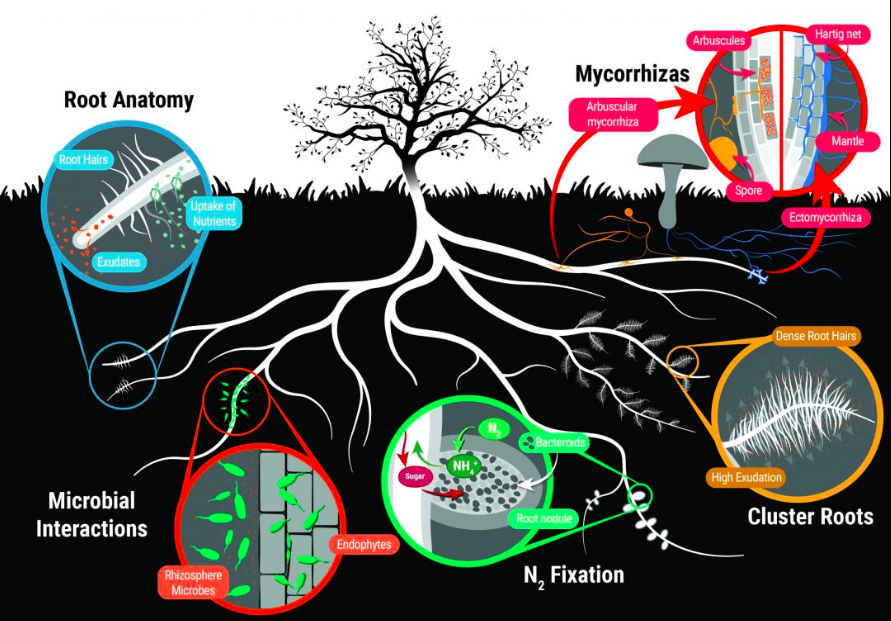[ad_1]
The Advantages of Native Grasses And Their Use In Farming
Native grasses supply sensible advantages for regenerative farming practices, together with soil conservation, rising biodiversity, water administration, and significantly livestock forage.
Listed below are some key elements of native grasses and their use in farming:
Adaptability:Native grasses are well-suited to native climates and soil circumstances having advanced over time to thrive a selected areas. They, subsequently, require few inputs like fertilizers, pesticides, and water attributable to their resilience and adaptation.
Soil construction: Native grasses have intensive root methods that enhance soil construction and forestall erosion. Their deep roots improve the soil’s capability to carry water and vitamins. Native grass pastures have a long-term mineral-associated natural matter for long-term carbon sequestration making them significantly invaluable in areas susceptible to erosion or with fragile soils.
Biodiversity:Native grasses present habitat and meals sources for various wildlife, together with birds, bugs and small mammals. Life beneath the soil can also be protected. Native ecosystems and enhancing biodiversity on farmlands additionally supported. The well being of the ecosystem might be additional enhanced by incorporating native wildflowers, shrubs, or bushes.
Water administration:Native grasses have environment friendly water use mechanisms, adapting to drought or extra rainfall. Their deep roots seize and retailer water, lowering runoff and bettering groundwater recharge. An especially essential profit in instances of accelerating climate extremes and unpredictability. Irrigation necessities are lessened in comparison with nonnative species.
Livestock forage: Many native grass species supply wonderful forage high quality, appropriate for grazing livestock together with sheep and cattle. They supply a balanced food plan with important vitamins for animals which largely eliminates the necessity for supplementary feeding. Moreover their fibrous nature aids digestion. Native grasses enhance the general sustainability of the farming operation.
Pest administration: Native grasses usually have pure defenses in opposition to pests and illnesses of their native environments, eliminating the necessity for chemical pesticides and selling pure pest management.
Weed suppression: Dense stands of native grasses can suppress and even outcompete invasive weeds This helps farmers keep extra worthwhile grazing areas.
Wildlife habitat restoration:Native grasses play an essential position in restoring wildlife habitats. Farmers can thus contribute to habitat restoration and create corridors for wildlife motion.
Financial advantages: Native grasses can present extra revenue while saving prices on inputs. Earnings streams by means of seed manufacturing, panorama enhancement, beekeeping or ecotourism actions reminiscent of nature trails, and chook watching. Prices are lowered attributable to much less reliance on enter prices related to artificial fertilizers, pesticides, and irrigation.
When contemplating using native grasses in farming, usually in grazing operations, it merely means managing grazing to permit the grasses to return. Profitable integration of native grasses into farming methods nonetheless requires some planning, site-specific concerns, and data of native grass species. Collaboration with astute farmers, native agricultural extension providers, conservation organizations, or native plant consultants can present invaluable steering for farmers excited about incorporating native grasses into their operations.
[ad_2]
Source link









